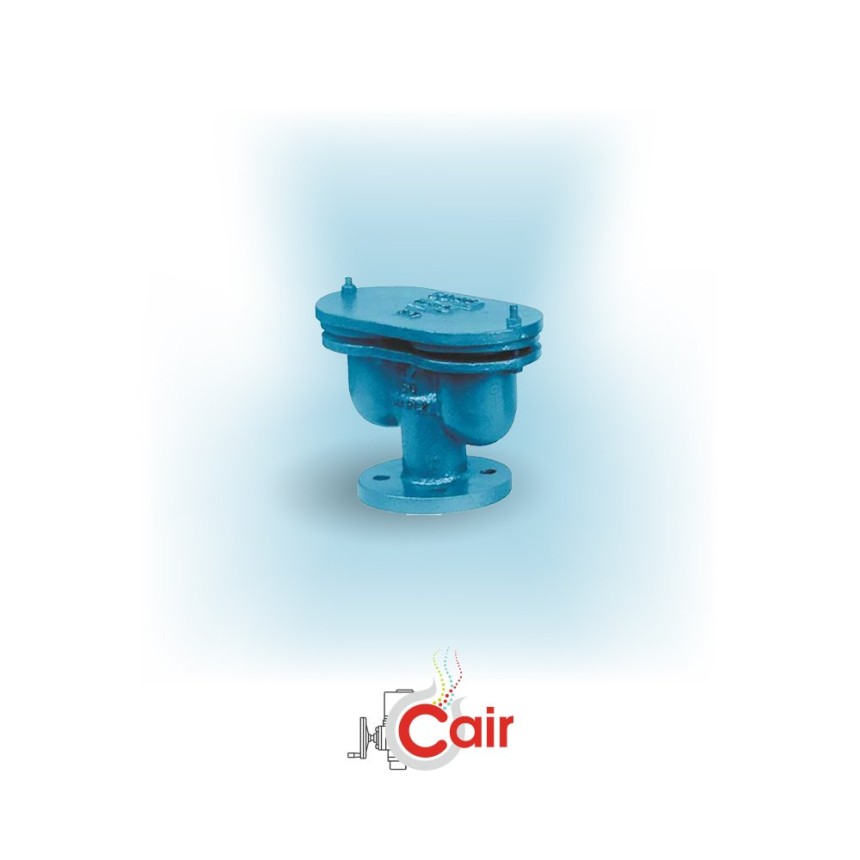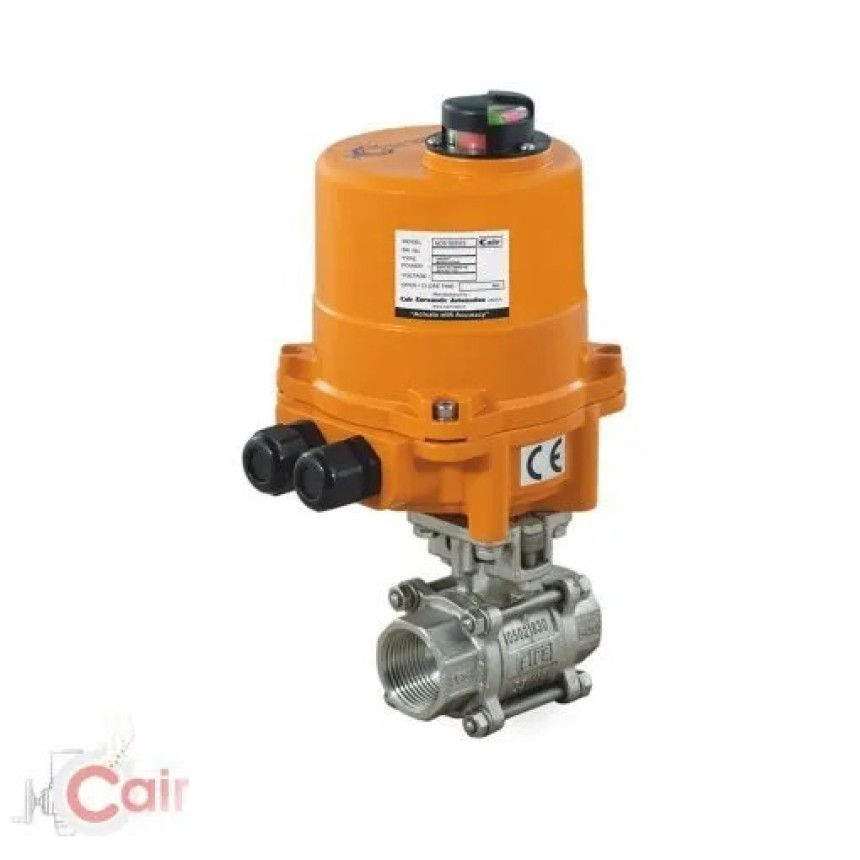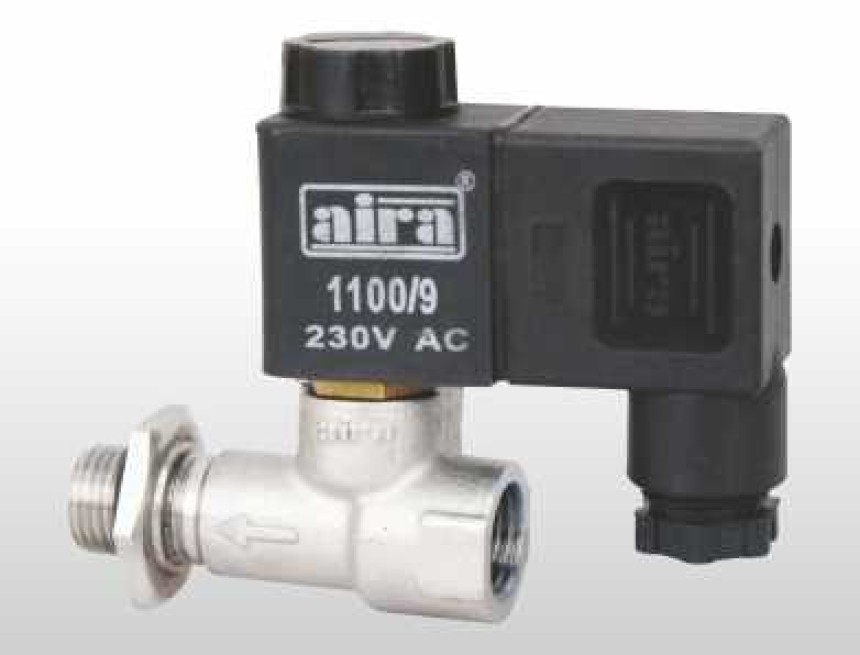
Everything You Need to Know About Air Single and Double Valves
Air single and double valves are the unsung heroes of fluid control, playing a vital role in maintaining efficiency and reliability across various applications.
Introduction
Air valves might sound like technical jargon, but they play a crucial role in everyday processes that affect our lives. From inflating your car's tires to powering industrial machinery, these valves are the unsung heroes of fluid control. In this article, we'll break down the concepts of air single and double valves in a way that even someone new to the topic can understand. So, let's embark on a journey to uncover the ins and outs of these valves that make the world flow seamlessly.
What are Air Valves?Imagine a tiny device that lets air flow in and out, like a gatekeeper controlling the airflow. That's precisely what air valves do. They are designed to regulate the movement of air, ensuring that it enters or exits a system at the right moment. These valves are present in various devices and industries, working behind the scenes to maintain efficiency.
The Magic of Air Single ValvesSingle might sound lonely, but when it comes to air valves, it's about simplicity and effectiveness. Air single valves are like the soloists of the valve world, allowing air to pass through in one direction while preventing backward flow. This one-way feature is handy in applications where backflow could disrupt the process.
Demystifying Double ValvesDouble the valves, double the control. Air double valves take it up a notch by adding an extra layer of control. These valves have two openings, which means they can let air in from one side while letting it out from the other. This bidirectional airflow regulation is ideal for systems that require precise balancing and control.
How Do Air Valves Work?Ever blown air through a straw into a drink? You controlled the airflow with your mouth and fingers. Air valves work similarly but in a more automated manner. They use mechanisms like springs, diaphragms, and floats to regulate air movement. When air pressure reaches a certain point, these mechanisms kick in to open or close the valve, maintaining the desired airflow.
Applications in Daily LifeHave you ever marveled at how car tires stay perfectly inflated? That's the magic of air valves. They ensure the right amount of air pressure is maintained in tires, optimizing fuel efficiency and tire lifespan. They also play a role in medical devices like inhalers, ensuring accurate dosage delivery with each puff.
Industrial Use of Air ValvesStep into the industrial realm, and you'll find air valves in action across various sectors. From manufacturing plants to wastewater treatment facilities, these valves are essential in controlling airflow, and pressure, and even preventing pipe collapses. Industries rely on air valves to keep processes running smoothly and equipment functioning optimally.
Choosing the Right ValveSelecting the appropriate valve can be a bit like choosing the right tool for a job. Factors like the type of fluid, pressure levels, and intended application come into play. Air valves come in different sizes, materials, and designs to suit various needs. Consulting experts can ensure you pick the right valve for seamless operations.
Maintenance MattersJust like any other device, air valves need care to perform at their best. Regular maintenance, including cleaning and inspection, can prevent issues like clogs or leaks. Well-maintained valves ensure consistent performance and longevity, saving you time and money in the long run.
Advantages of Air Single and Double ValvesThe advantages of these valves go beyond just controlling air. They contribute to energy efficiency by optimizing airflow, prevent system failures by maintaining pressure, and offer cost-effective solutions for various industries. Whether it's a single valve for simple applications or a double valve for precise control, these devices make processes more reliable.
Future Trends in Valve TechnologyAs technology advances, so do air valves. The future holds innovations like smart valves that can be remotely controlled and monitored, enhancing convenience and efficiency. Moreover, materials science is opening doors to valves that can withstand extreme conditions, expanding their applications across new frontiers.
In conclusion, air single and double valves are the unsung heroes of fluid control, playing a vital role in maintaining efficiency and reliability across various applications. Whether it's a car tire or a complex industrial process, these valves ensure that the world keeps moving seamlessly. As technology progresses, these valves will continue to evolve, bringing even more convenience and innovation to our lives. So, next time you inflate a balloon or take a deep breath, remember the remarkable role of air valves in making it all possible.





